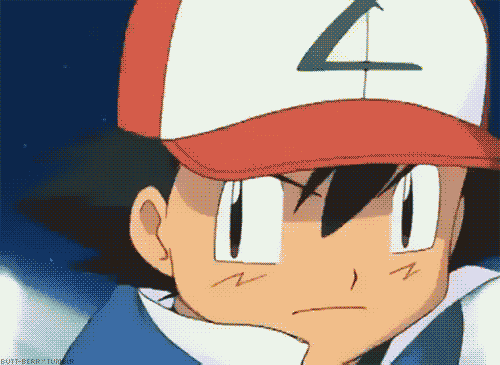Trying Hard
There’s a story about Michigan football coach Jim Harbaugh and tight end A.J. Williams. Williams, a senior, hadn’t made much of an impact in his first three years in a program. Then Harbaugh asked him an innocuous question in practice:
“Will you please run faster?”
According to legend, Williams started running faster. He went on to have a breakout senior year, catching more passes and gaining more yards than he ever had before.
This story makes me uncomfortable because it gives too much credit to the coach and not enough to the guy on the field making the plays.
Nonetheless, it’s always fascinated me because it gets at the subjectivity of experience. Just as I can’t know if my experience of the color red is the same as yours, I can’t know if your idea of trying hard is the same as mine. That raises the possibility that one or both of us could be capable of trying much harder.
I experienced this in Ultimate Frisbee tryouts in college. At the beginning of every year we would have a big open tryout. It was always easy to tell the tryouts who had played serious high school sports from those who hadn’t. The ones who had played competitive sports were more sudden, aggressive, and violent in their movements. In contrast those who hadn’t played competitive sports were casual and lethargic, although they didn’t know it. They just hadn’t experienced what it felt like to try hard in an athletic setting.
I suspect chess is similar: trying hard means different things to different people. It could be that part of what we consider chess “talent” is the ability to try harder during the game.
When I asked people on Twitter what the biggest blocker to their chess improvement was, the answers were all over the map, but this one caught my eye because it focused on in-game effort.

There’s a lot of talk about trying hard in chess improvement, but most of it focuses on actions outside the game: making plans and spreadsheets, putting in more hours studying, doing more strenuous calculation exercises, etc. But there’s relatively little discussion of trying hard during the game. It’s almost like, once the game starts, it’s out of your hands.
I think of this as the Pokémon school of chess improvement. Your chess abilities - openings, strategic knowledge, pattern recognition - are like Pokémon that you train up. When the match starts, you send them in to fight for you. To the extent that you control the outcome, it’s in how well you trained your Pokémon. If they’re not strong enough to win, well, you’ll have to train them harder next time.
I can’t help but think there’s some self-preservation involved in this. After all, if it was actually you in there fighting, and you gave it your all, what would it mean if you lost? To be fully present during the game is to risk greater disappointment if you lose.
The Harbaugh story notwithstanding, it usually doesn’t help to be told to try harder. Only by playing against someone who’s playing with much higher intensity can you feel what trying harder really means. This has been my experience playing against grandmasters over the board: you can feel a palpable intensity radiating from them.
This gives a new perspective on the typical advice that playing slow over-the-board tournament games is key to improvement. Maybe the value of these games is not so much in the slower time control, but in how the tournament context pulls more effort out of you. Sitting face-to-face with strong opponents, you can feel their intensity and model your own approach after theirs. Having devoted your whole day to playing chess, in a hushed room full of chess players, you’ll be able to summon more intensity and focus than you could sitting in front of your computer.




This article just sold the newsletter to me, I'm subscribing right now!
Once again you elucidate an overlooked topic. Keep up the good work.